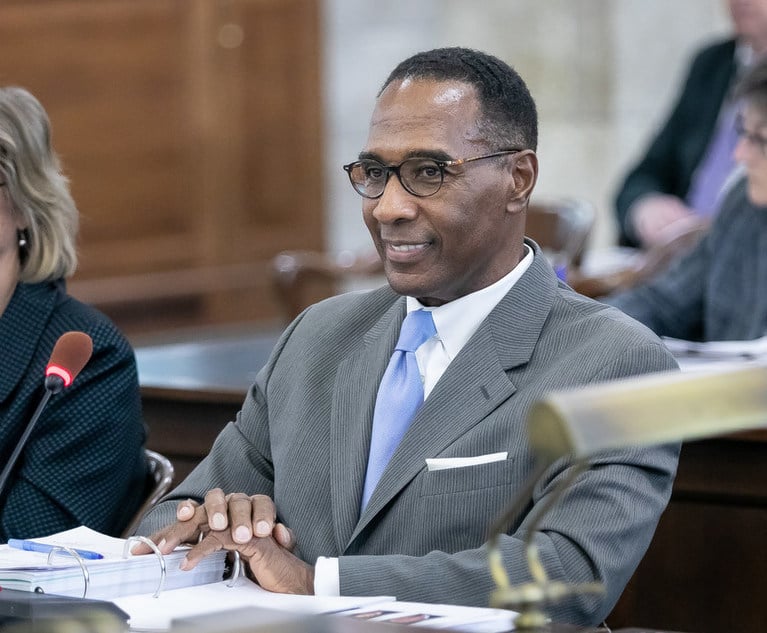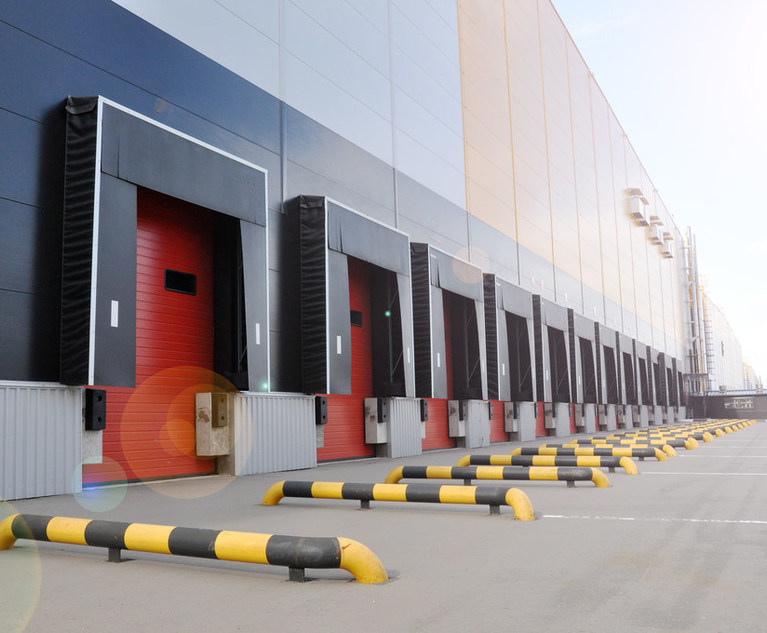Since George Floyd’s killing, thousands of people have taken to the streets in every state to protest police brutality, revealing the pent-up anger over institutional racism nationwide. The protests are working. In a Monmouth University poll released June 2nd, 76% of Americans—including 71% of white people—called racism and discrimination “a big problem” in the United States. That’s a 26-percentage-point increase since 2015. Also in the poll, 57% of Americans said demonstrators’ anger was fully justified. This stark turn has forced elected officials to consider major change. The mayors of New York and Los Angeles have said they will redirect monies from police budgets. In Minneapolis, City Council members pledged to dismantle their police force and reinvent how public safety is handled.
As tens of thousands of people have demonstrated against police violence over the past two weeks, calls have emerged in cities across the country for fundamental changes to policing. What this moment demands is that we ask of ourselves, “What role does the police play in our society?” This is not to say the police are ineffective, but rather to acknowledge harm that police have caused to communities.







